With plenty of tourist attractions and business centres, Bangkok is one of the world’s most famous tourist destinations. Bangkok has the same level of cleanliness as European countries or the United States.USA. A variety of questions are being raised regarding drinking Bangkok tap water. Water plays an important role in our everyday lives. While Bangkok tap water is generally considered safe, but sometimes drinking water in Bangkok is doubtful. So, the answer depends on certain facts and factors.
We will examine the factors regarding Bangkok’s drinking water cleanliness.
Bangkok’s Water Quality: A Historical Perspective
During the late 19th to early 20th centuries, waterborne diseases were more prevalent in Bangkok due to turbid water, microbial contamination, and heavy metal contamination.
The Journey to Modern Water Treatment
Over the past 20 years, Bangkok’s water system has met all world health authority guidelines, making it safe to drink straight from the tap. The water is clean enough for daily activities like brushing your teeth, showering, or making tea or coffee with it. The Metropolitan Waterworks Authority operates Bangkok’s water system. It’s the organization that has the responsibility to keep the water clean and hygienic. The MWA carried out a test of Bangkok tap water in 2010 and it met 98% of the water standards set by the World Health Authority.
Meeting International Standards
In order to ensure that tap water is of high quality, the World Health Authority recommends certain water quality parameters.
Here is what MWA found in the lab test.
- No unpleasant smell or taste should be found in the water.
- The turbidity was between 0.26 – 0.90 NTU and 5 NTU.
- Iron should be less than 0.3 mg/L.
- The apparent colour was found to be less than 15 colour units.
- The number of dissolved solids was 145 – 282 mg/L.
- The concentration of sulfate is in the range of 15 – 62 mg/L.
- Chloride was 7 – 25 mg/L.
- Fluoride is found in the range of 0.12 – 0.26 mg/L.
- Absolutely NO E. coli was found in the 100-ml water sample bottle.
WHO suggests that manganese should be less than 0.4 mg/L, sulfate should be less than 250 mg/L, chloride must be less than 250 mg/L, fluoride should also be less than 1.5 mg/L and no E. Coli should be present in 100 ml of the water sample. Other than these, heavy metals, pesticides, trihalomethane, and radioactive substances that must be present in water. In addition to determining 95% of Bangkok tap water ingredients, the MWA also found and declared information about heavy metals and manganese.
Although Bangkok’s water is clean and has passed all the standards set by the World Health Organization. However, when the water leaves the plant, it travels through old and dirty pipes to make it to its destination. It gets dirty in between. So there is a chance the water is contaminated and might not be safe to drink, especially for visitors. They might get stomach infections from it. Therefore, it’s better to drink mineral water in Bangkok. Moreover, Bangkok’s weather is very hot during summers. Therefore, it’s important to keep yourself hydrated with clean water which may not be possible with Bangkok tap water.
How is MWA Improving Water Accessibility?
It (MWA) has undertaken certain initiatives to provide clean and purified water to the city.
MWA has installed many water fountains in various parts of the city. These fountains provide clean and hygienic water. People can refill their bottles anywhere and at any time.
Water Vending Machines in Bangkok:
Water vending machines are installed in different parts of the city and Thailand. You can use coins and fill up as much water as a 15 litre flask. It’s a wise decision to save money by using a vending machine instead of buying bottles from outside. These machines are cheap and reliable. However, sometimes it is not safe to drink water from the vending machine for hygiene reasons. Sometimes the vending machine location is uncleaned or the machine filters are not replaced. Therefore, it’s better to check the location and cleanliness of the water before consuming it.
Plastic bottle “PaPa”
Another scheme by MWA is selling tap water as bottled water. There is some profit attached to it. To compete with many other bottled water brands, MWA has launched its own brand “pap” and sells tap water in bottled form. However, Papa water is cheap and not as expensive as others. It is also available in every other supermarket or restaurant. You may not know that you are drinking tap water or bottled water while having a fancy dinner in Bangkok.
What is the Source of Water in Bangkok?
Bangkok gets its tap water from the surface water and the surface water beneath the ground. The surface water includes the Chao Phraya River and Mae Klong river. The major groundwater source is the lower central plain that meets Bangkok’s surroundings and the region’s water demands.
The Metropolitan Waterworks Authority
The Metropolitan Waterworks Authority deals with Bangkok’s water system. It has operated since August 16th, 1967 under B.E 2510 (1967). Its task is to provide clean and hygienic water for Bangkok and other provinces. Water is pumped from the water pumping stations into the clearing channel. Further, lime is also added to improve water quality and activate sedimentation efficiency in the clearance process. Moreover, chlorine is also added to stop the growth of bacteria, such as algae and moss that may hinder the clarification effectiveness procedure.
Why do Locals Hesitate to Drink Tap Water?
Locals think underground pipes are dirty and unhygienic. They assume that dirt gets mixed into the water and pollutes the pipes. Nonetheless, these pipes are closed and the water is secure inside. Even if there is a leak, chlorine in the water kills bacteria. However, to ensure cleanliness, pipes and water quality should be checked frequently to assure the safety of citizens.
Moreover, due to trust issues with drinking tap water, many locals opt for water filters and water dispensers that store cool and filtered water. Storage tanks are also used to store extra water for multi-storied homes. Sometimes water filters are not clean enough to use and locals are reluctant to drink tap water. Aside from that, the locals hold little trust in the government since they failed to clean the pipes after the 2011 flooding occurred in the city.
Therefore, locals prefer to boil tap water first and then drink it to ensure drinking water cleanliness.
Is it Safe to have Ice in Drinks?
Yes, it’s safe to have ice in drinks as it comes directly from the ice factory where they make ice with clean water. They are usually uniform shapes with a hole in between. The only concern is how this ice is transported. There are chances they may be thrown in the back of an uncleaned truck. Moreover, if the ice has been cut into small pieces with a machine like a knife, then there are chances of bacteria being present in it. However, generally, ice is safe in bars or restaurants.
Is the Water in Thailand Safe to Drink?
No, Thailand’s water is not safe to drink as bacteria could be present in the water. Leptospirosis is a bacterial infection that can get inside the body even while swimming, river rafting, or kayaking. It could also be called swamp fever. You should wash properly after doing any water activity and use filtered or mineral water during your stay in any city in Thailand.
It’s better to check the water source or do some research on the water before drinking it directly from the tap.


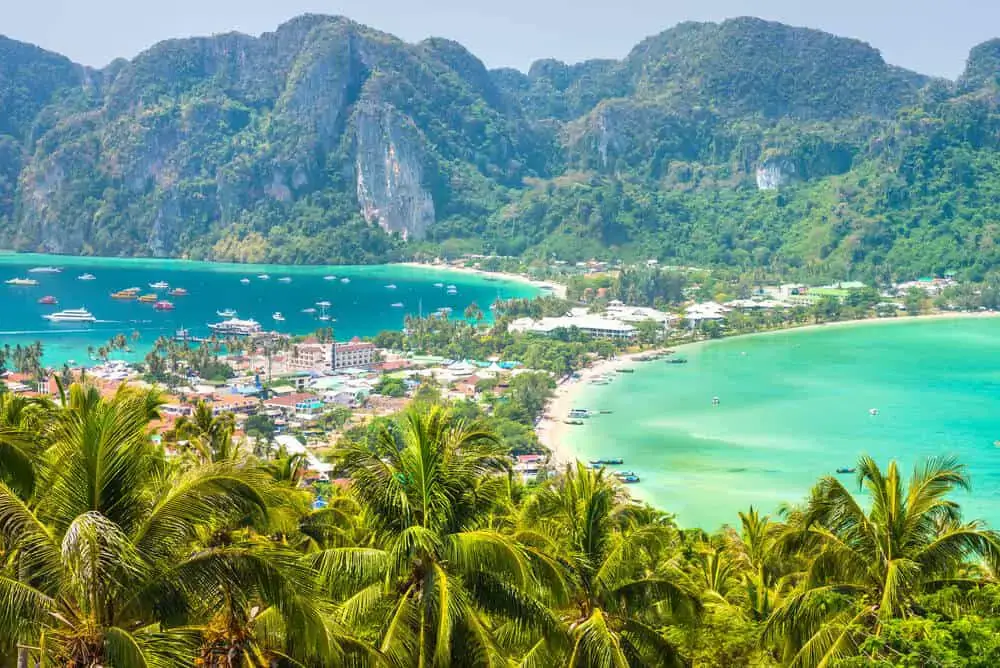
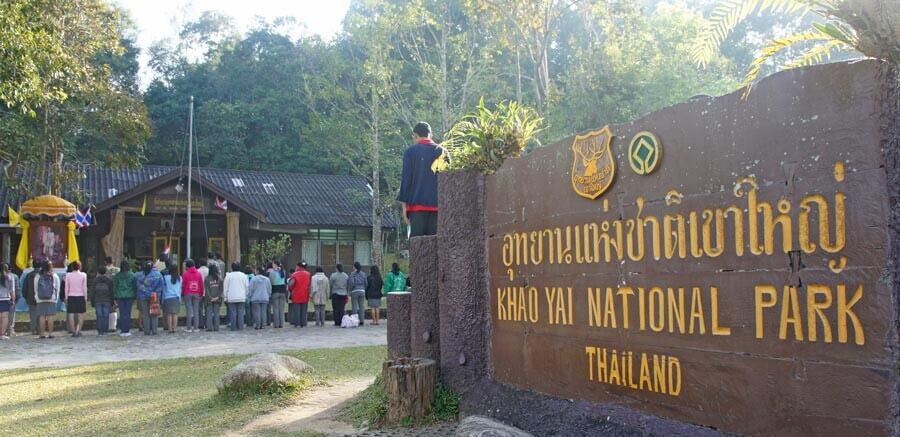
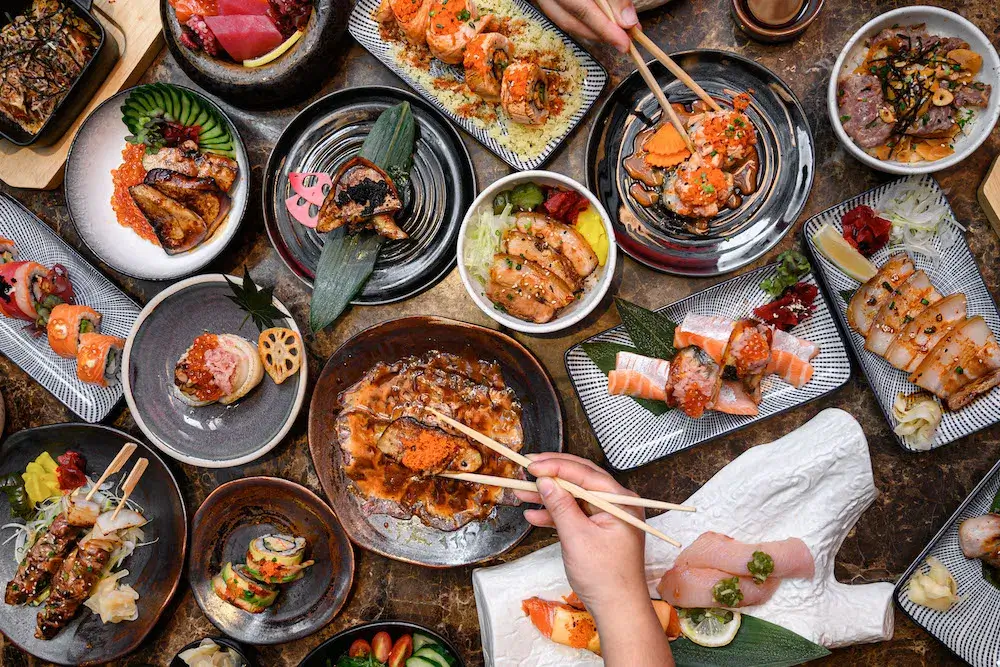
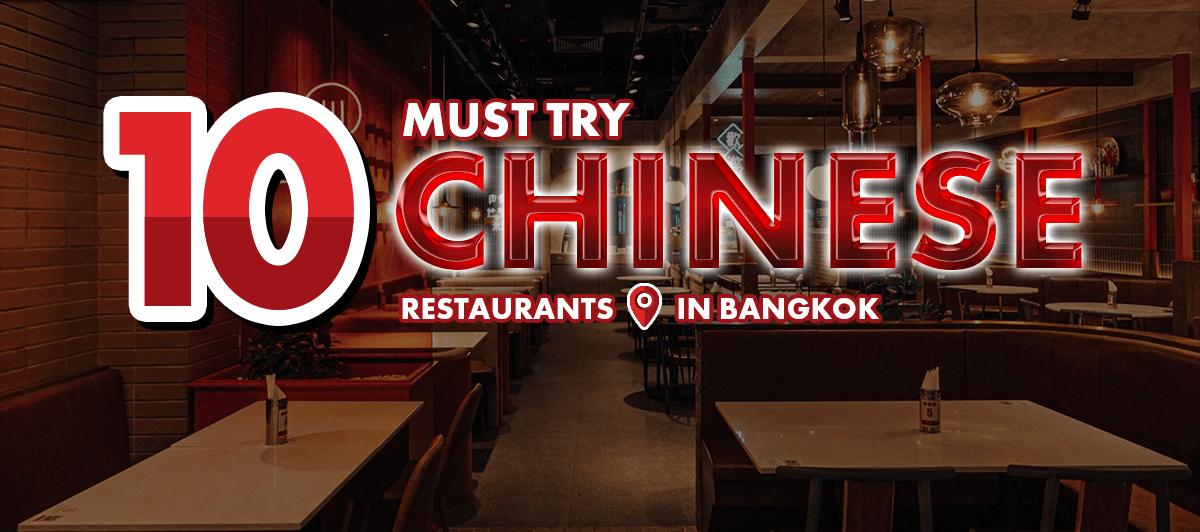
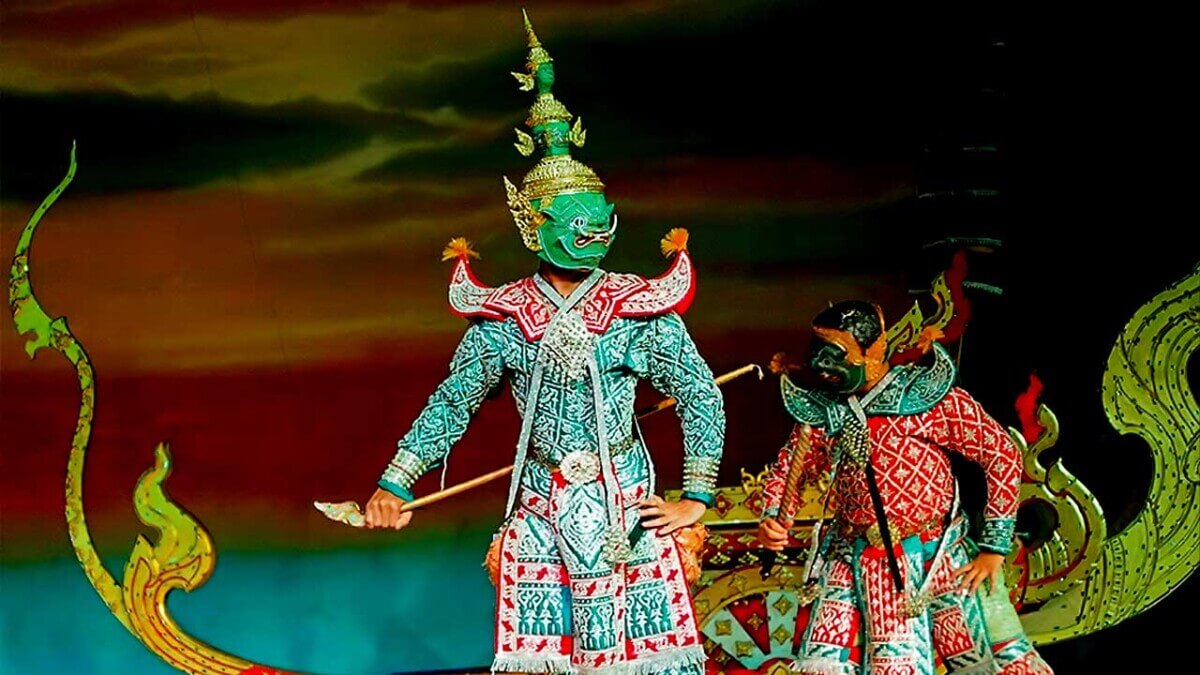
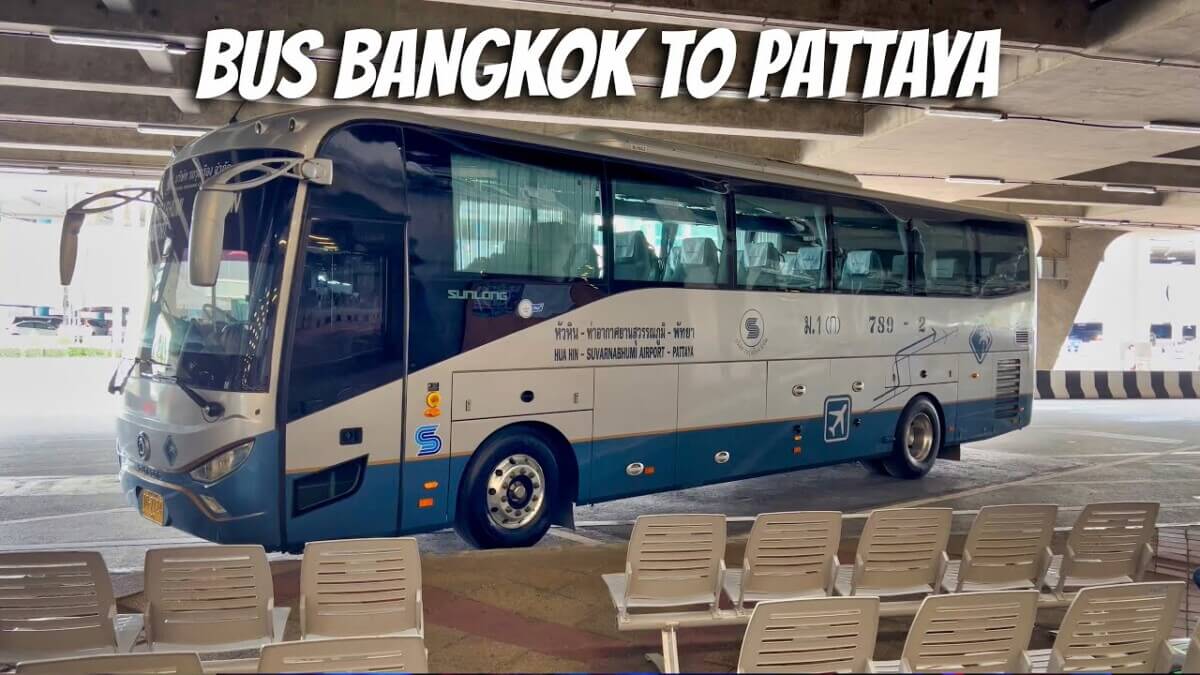
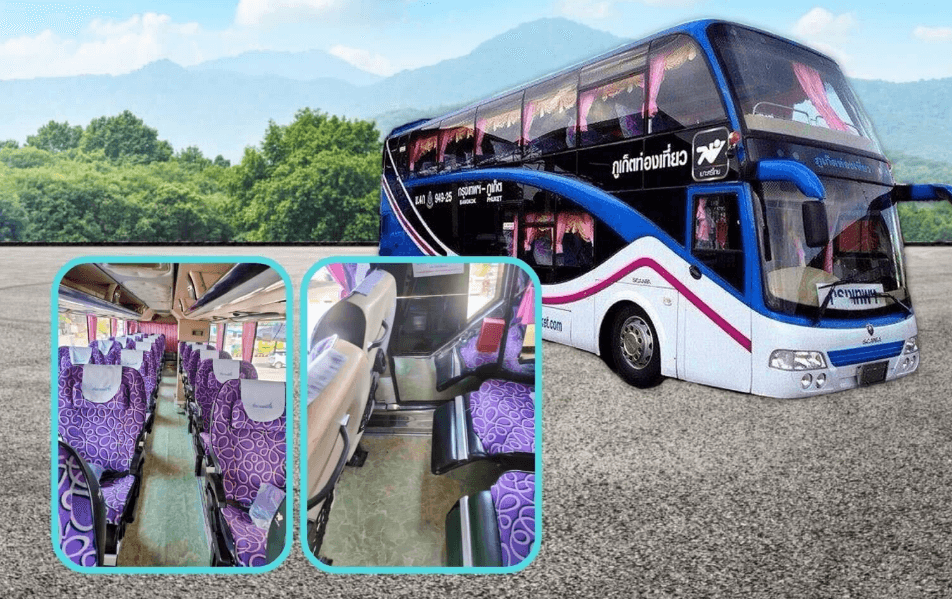

Leave a Reply